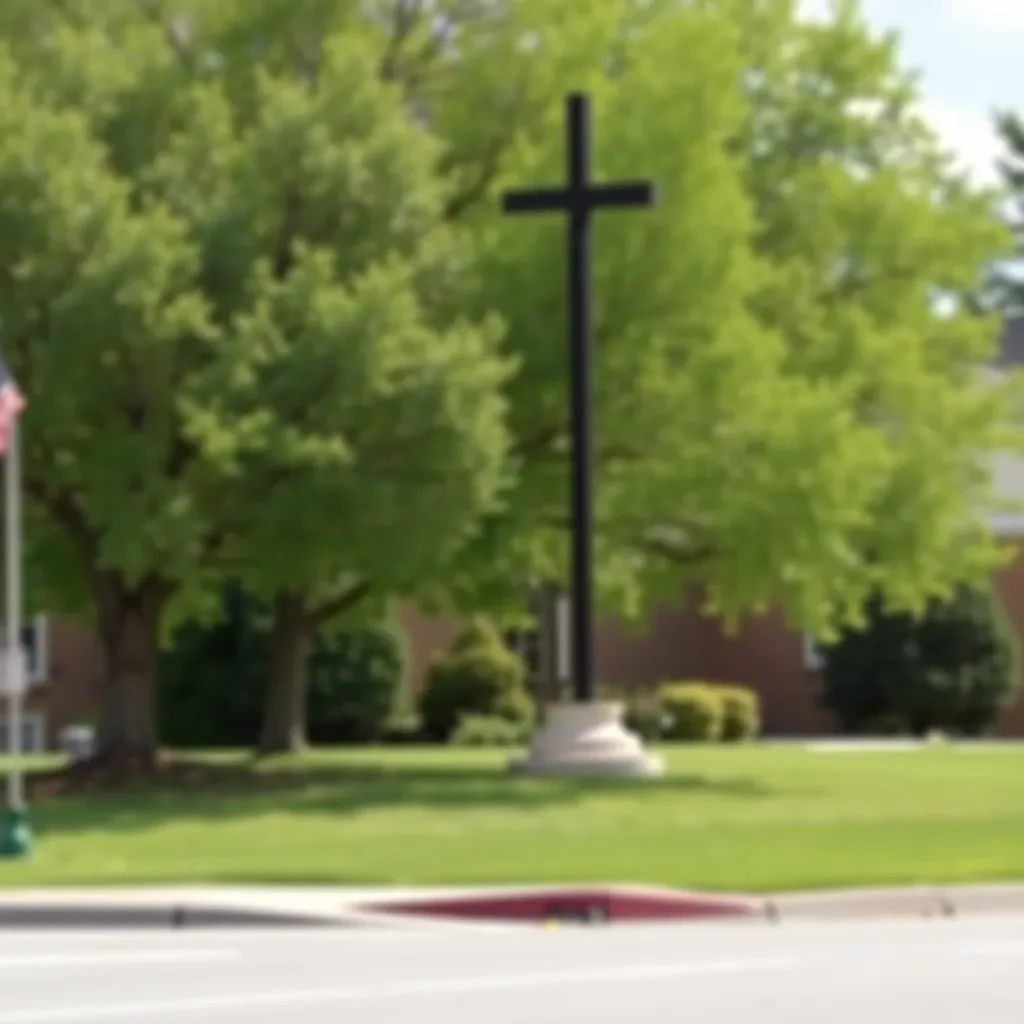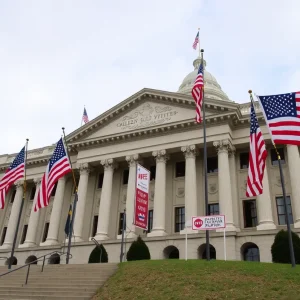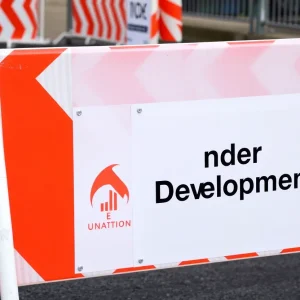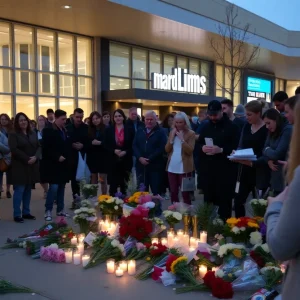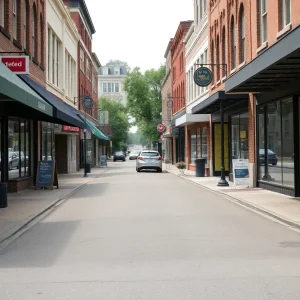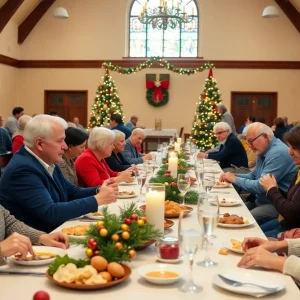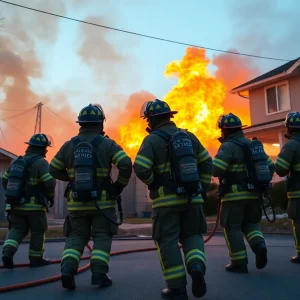Ernest Giardino Takes a Stand for Freedom of Speech in Chapin
Chapin, South Carolina, has recently found itself in the spotlight thanks to a local resident’s determination to spread a message of faith. Ernest Giardino, who has been waving signs around town for the past eight months, has hit a snag with town regulations that require permits for demonstrations. This has raised questions about the balance between free speech and local ordinances.
The Sign that Started It All
Armed with messages like, “Trust Christ, He paid the price” and “He Saved Others — Jesus — He’ll Save You,” Giardino walked the streets of Chapin with conviction. He felt compelled to share his beliefs and connect with fellow citizens. But everything changed on a hot June day when a police officer approached him at the corner of Old Lexington Highway and Chapin Road. The officer informed him that he needed a permit to continue his sign-carrying activities.
A Permit to Share One’s Faith?
According to Giardino’s attorneys, the town claims that since 1980, demonstrators in Chapin have needed a permit for public displays. This requirement, they argue, is in place to manage how signs are used, preventing disruptions to daily life. However, Giardino and his legal team, including attorney Nathan Kellum from the First Liberty Institute, believe it’s unreasonable to require a permit for someone simply expressing their religious beliefs.
Kellum stated, “A demonstration permit really should not apply to someone holding up a sign saying ‘Trust Christ, he paid the price’,” emphasizing that public spaces should welcome such expressions.
Town’s Perspective on Regulation
The town spokesperson, Nicholle Burroughs, offered a different perspective. She clarified that the permit requirement aims to ensure “reasonable regulations” concerning sign size, placement, and the duration of demonstrations. Burroughs mentioned that since June, the town has issued over 17 public demonstration permits, suggesting that they have not strictly enforced the rules only against Giardino.
“Our goal is to balance free speech rights with regulations to ensure public spaces remain safe and orderly,” Burroughs explained. She emphasized that the policy is intended to manage visual and acoustic impact on the community.
What’s Next for Giardino?
Despite the permit challenge, Giardino is not backing down. His legal team is in discussions with the town’s officials, urging them to rethink the permit requirement for expressions of faith. They have sent a letter to Chapin’s Mayor Al Koon and Police Chief Thomas Griffin, insisting that Giardino should be allowed to carry his signs without having to jump through bureaucratic hoops.
Kellum shared that they are willing to give the town “a reasonable amount of time” to respond before considering any further legal steps. This determination highlights their commitment to protecting what they believe is a constitutional right.
A Community Watching Closely
The case has sparked interest within Chapin’s close-knit community, which boasts nearly 2,000 residents and over 300 churches in the county. As locals observe this unfolding situation, many are likely pondering how it reflects on their own rights to express beliefs publicly.
This ongoing dialogue over free speech and community regulations in Chapin serves as a reminder of the delicate balance many towns must maintain—protecting individual rights while ensuring the harmony of daily life. As the weather is set to change, with partly cloudy skies expected to shift to a cloudy afternoon, it seems only fitting that the discussions in Chapin remain just as dynamic.



